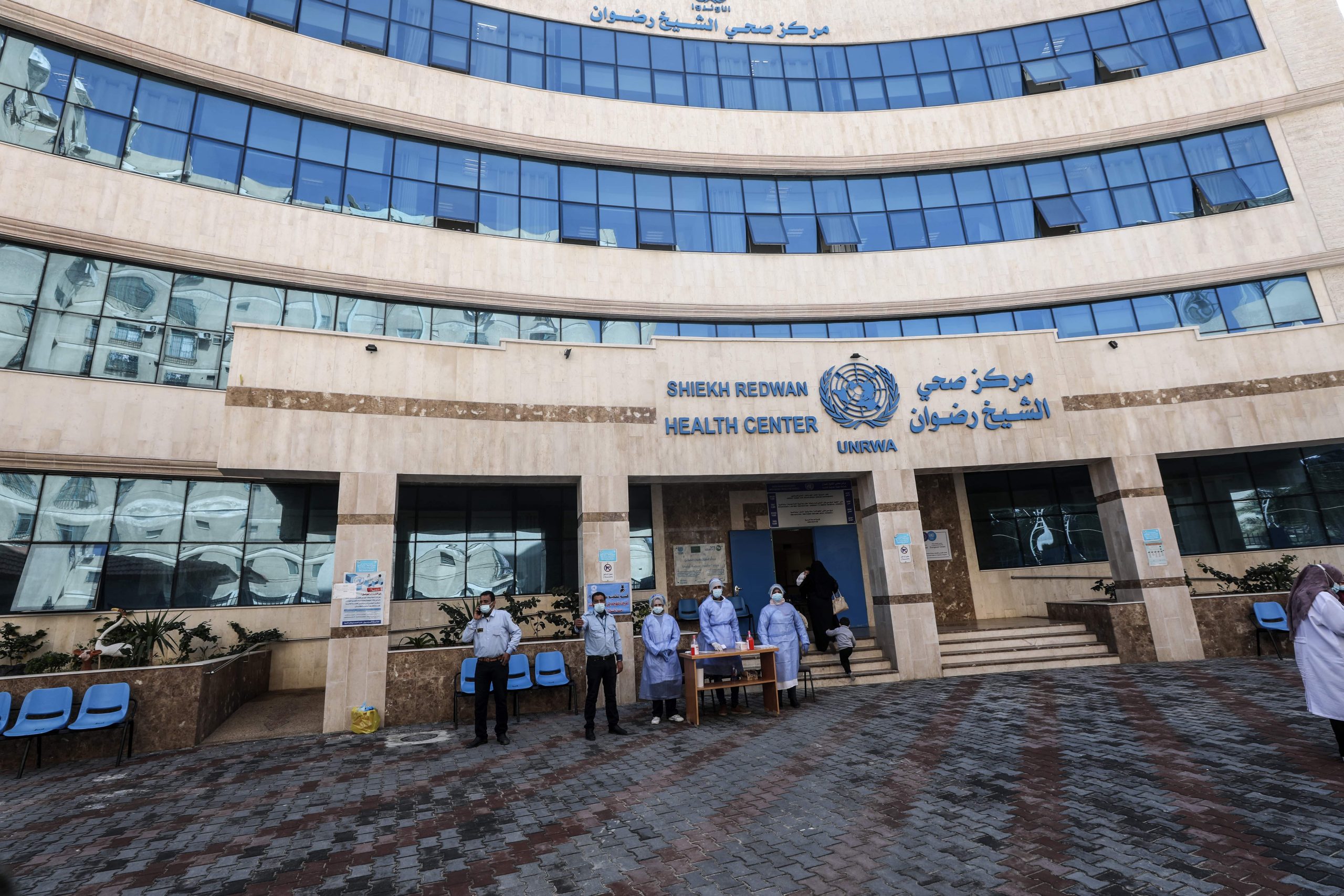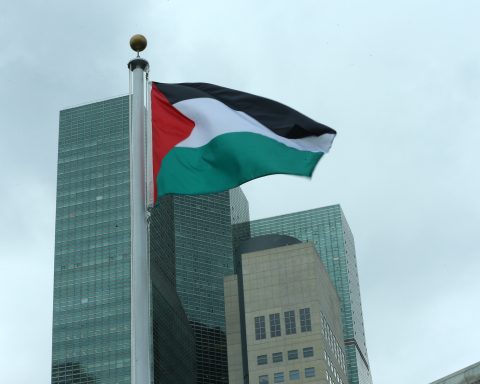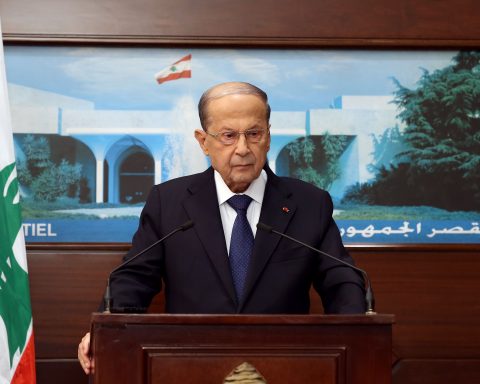Washington’s initiation to fund the UN agency for Palestinian immigrants was greeted with assistance in Bethlehem, where citizens expected the promise may carry an end to the adversity witnessed in recent years.
Whilst UNRWA has been able to endure such endeavors in recent years, the 2018 verdict by then-US president Donald Trump to cut aid had a severe consequence on the agency’s work.
“It wasn’t easy at all for us as refugees when we heard that there was a cut, that the US is not providing us with their support anymore,” announced Hanadi Darwish, the head of UNRWA’s infrastructure and camp improvement program in the West Bank.
The UN agency functions across East Jerusalem, Gaza, and the West Bank, as well as in Jordan, Lebanon, and Syria.
In addition to healthcare, it operates several schools and organizations and provides them with cash to help those in need.
“It’s not a matter of cutting only the services, it’s the hope,” said Darwish.
The US had been the largest contributor to UNRWA, giving nearly $360m in 2017, which amounted to almost a third of the agency’s budget. That was slashed to $60m the following year when Donald Trump decided to end donations entirely.
The decision reduced the agency’s ability to provide services for about 5.7 million Palestinian refugees in the West Bank and elsewhere, affecting everything from sanitation to building maintenance.
“We used to have, several years ago, half a million for one year to spend on maintenance. This year we received 25 thousand”, said Darwish.
“You definitely will not be able to even change the handles on the doors if they were broken”, she said.
Though donations from other countries have empowered UNRWA to linger on with operating and launch some initiatives such as the Aida Health Center, the US support was acknowledged as particularly important, as the agency could decide where to spend it.
“We have a yearly budget coming from the US, you can plan for that,” rather than one-off donations for particular projects, Darwish said.
“You are flexible in how you distribute these funds,” she said. “That’s why it was, for us, a catastrophe, or a disaster, not having the US funding on a regular basis.”
UNRWA announced that it took a large share of the US funds on Wednesday, of which about $90m will go to the agency’s budget for services across the region. A further $26m has been marked for Gaza and the West Bank.














